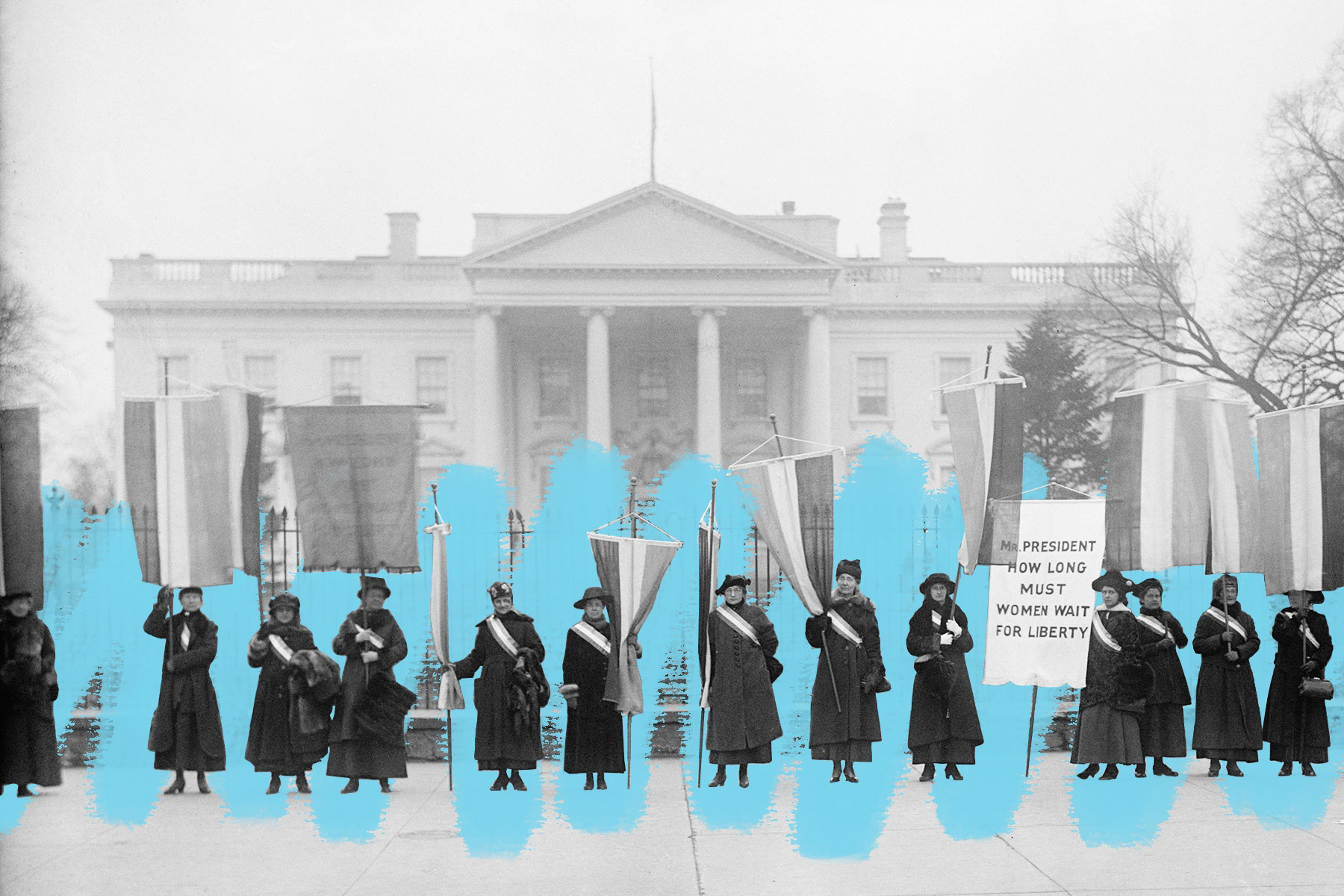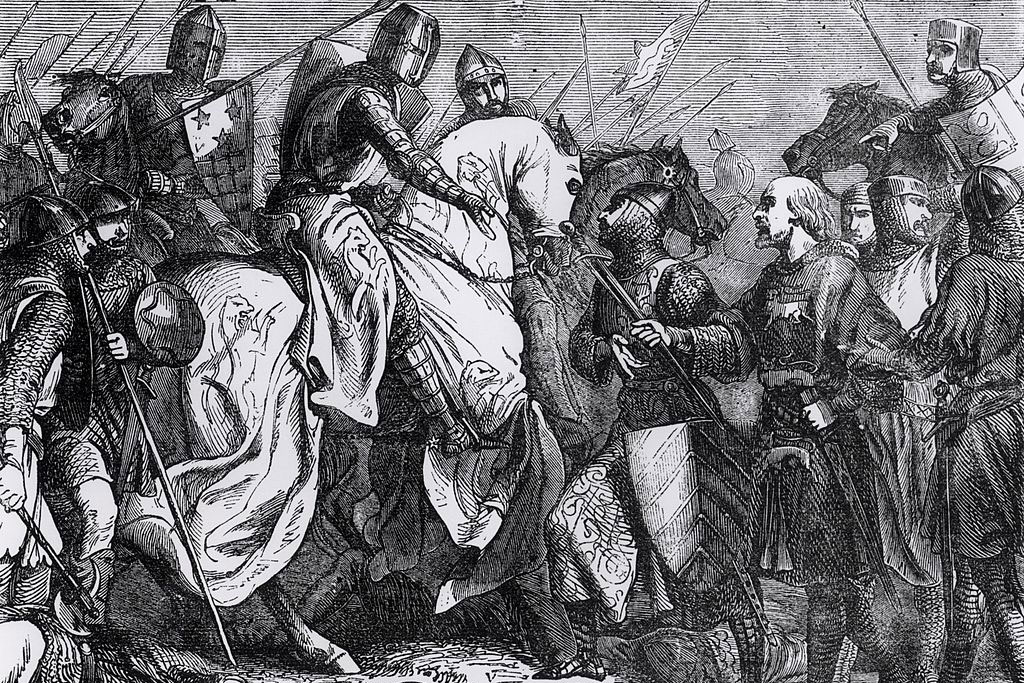 |
A woman was elected to Congress before women had the right to vote. |
U.S. History |
 |
| |
| Like many other American liberties, women's suffrage was slowly granted state by state before becoming a national right protected by the Constitution. Montana granted women the unrestricted right to vote in 1914. Two years later, 36-year-old Rankin, a vocal suffragist, ran for one of the state's two House seats and won. | |
| The election of Rankin, the first woman ever elected to the federal government, was a bright spot in American history made dimmer by her misogynistic welcome to Washington. Rankin didn't take her rightful seat in the chamber until April 2, 1917, due to a month-long debate about whether it was appropriate for a woman to be a U.S. representative (even though Montanans had clearly already decided the matter). The country still has a long way to go to achieve gender parity in the nation's legislative branch, but 28% of the members in the current 118th Congress are women — the largest percentage in U.S. history. | |
 | |||
| |||
Everyday Investors Shared $1,123,615 Net Profit on a Monet | |||
| See important Regulation A disclosures at masterworks.com/cd. | |||
| Thank you for supporting our sponsors! They help us keep History Facts free. |
 | |||||||||
By the Numbers | |||||||||
| |||||||||
| |||||||||
 | |||||||||
| |||||||||
New Zealand was the first self-governing nation to grant women the vote. | |||||||||
| When the U.S. ratified the 19th Amendment in 1920 — finally fixing a centuries-long injustice and granting women the right to vote — the country was nearly 30 years behind the curve. Although some territories such as Wyoming and Utah, along with states such as Colorado and New Jersey, had independently granted women the right to vote (New Jersey back in the 18th century, no less), the U.S. government remained predominantly opposed to the idea. New Zealand's 1893 decision was the beginning of a cascade of enfranchisement that spread throughout the world over the next century. Australia and Finland quickly followed suit, and eventually the United Kingdom joined them by 1928. Saudi Arabia, one of the world's last holdouts, gave women the vote in 2015, and in April 2023, Pope Francis announced that women could vote in papal elections in Vatican City. | |||||||||
 | |||
Recommended Reading | |||
 | |||
| | |||
 | |||
| | |||
| + Load more | |||
| |||
| |||||||||
| Copyright © 2024 History Facts. All rights reserved. | |||||||||
| 700 N Colorado Blvd, #513, Denver, CO 80206 | |||||||||





No comments:
Post a Comment